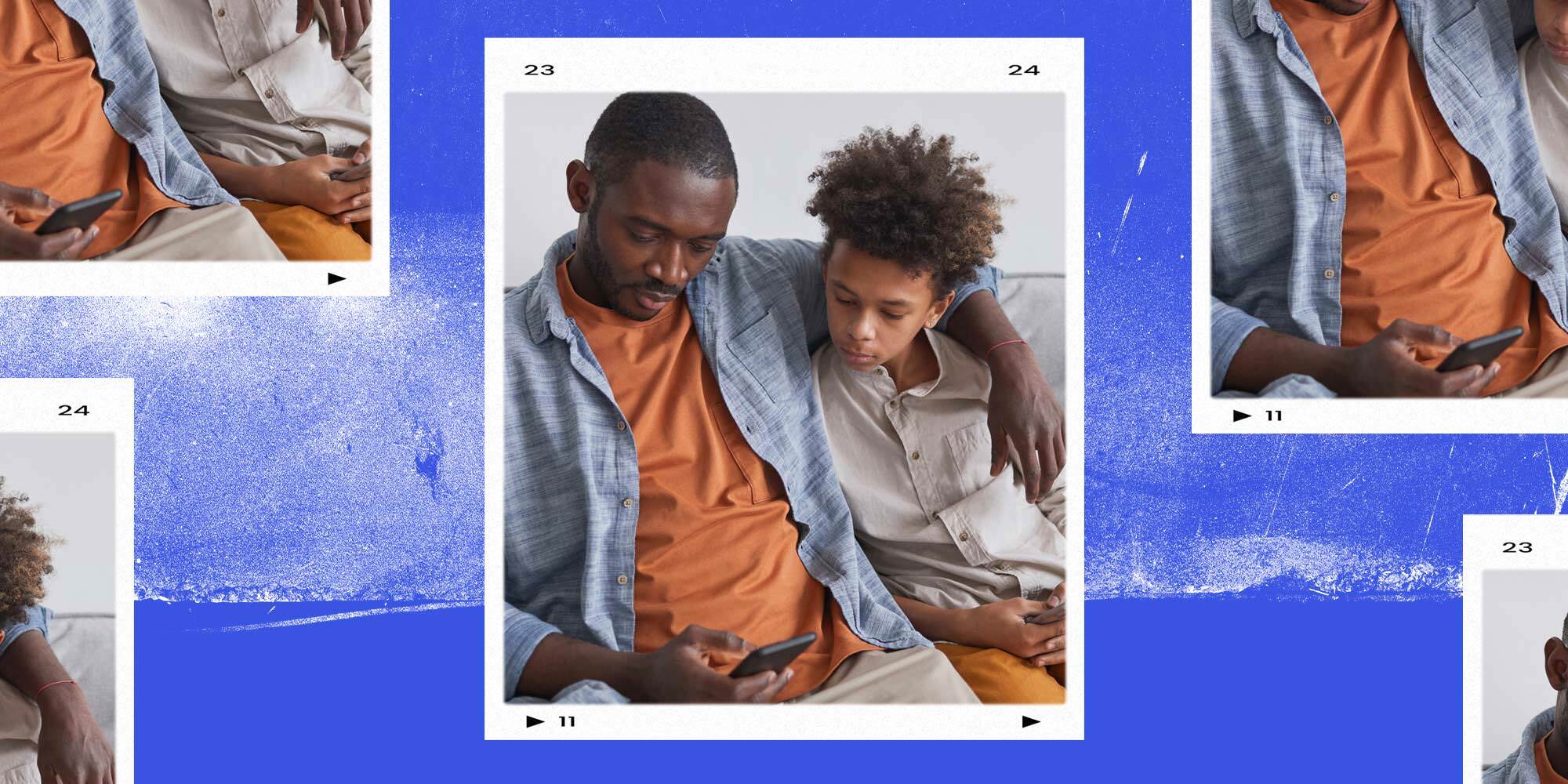According to a nationally representative survey of teens, 84.4% of 14 to 18-year-old boys and 57% of 14 to 18-year-old girls have viewed pornography.Wright, P. J., Paul, B., & Herbenick, D. (2021). Preliminary insights from a U.S. probability sample on adolescents’ pornography exposure, media psychology, and sexual aggression. J.Health Commun., 26(1), 39-46. doi:10.1080/10810730.2021.1887980Copy 1
According to a recent report by the BBFC, 75% of parents believed their child had never encountered porn. But in reality, 53% of those parents’ children reported that they had, in fact, seen porn.British Board of Film Classification. (2020). Young people, pornography & age-verification. BBFC. Retrieved from https://www.bbfc.co.uk/about-classification/researchCopy 2
In other words, it’s not as much a matter of if but when your child will encounter porn. And chances are, your child will encounter porn while living in your care.
So here are five tips for navigating “porn talks” with your kids.
1. Have an open, ongoing dialogue.
Don’t make it a one-time thing. Instead of having a one-time “sex talk,” make it an ongoing and shame-free conversation.
Through your discussions, you can help your child develop the tools they need to respond to harmful material in a healthy way. Bring it up naturally.
2. Do not shame them.
If your child discloses that they’ve seen porn or that they’ve developed a porn habit, it’s incredibly important to respond with kindness rather than shame.
hey may already be feeling shame about what they’ve seen, so instead of lecturing them, thank them for trusting you enough to be honest and remind them that you’re there to help them.
3. Be supportive of their journey.
Whether or not they disclose their experiences right away, providing a soft place for them to land will help them feel safe enough to be honest, pose questions, or ask for help.
Help them understand you love them no matter what their experiences with pornography have been.
4. Be patient.
It may take some for your child to feel comfortable opening up about their experiences with porn. While maintaining an open dialogue about porn, try to avoid asking invasive questions or being too pushy.
If they’ve developed a porn habit, it probably won’t disappear overnight, so be patient with their progress.
5. Don’t do it alone.
The good news is that there are plenty of resources to help you. Our interactive discussion guide, “Let’s Talk About Porn,” gives helpful tips for navigating discussions about porn, and our affiliates at Bark have an affordable smart tool to help protect your child from harmful material online.
Bark proactively monitors texts, emails, and social media for potential safety concerns, including porn, self-harm situations, child predators, and cyberbullying. Bark helps parents save time and gain peace of mind without invading kids’ privacy or breaching trust.
Start protecting your kids online today. Sign up for a free 30-day trial of Bark.
Also, use our free interactive conversation guide.
Porn can feel like an overwhelming topic to discuss with your kids, but you don’t have to navigate it alone. Together, we can help empower young people with the information they need to develop healthy relationships with themselves and others!
Support this resource
Did you like that article? Help us keep our educational resources free to access! Fight the New Drug is a registered 501(c)(3) nonprofit, which means the educational resources we create are made possible through donations from people like you. Just one dollar can make a difference!
Give $1Citations
1Wright, P. J., Paul, B., & Herbenick, D. (2021). Preliminary insights from a U.S. probability sample on adolescents’ pornography exposure, media psychology, and sexual aggression. J.Health Commun., 26(1), 39-46. doi:10.1080/10810730.2021.1887980
2British Board of Film Classification. (2020). Young people, pornography & age-verification. BBFC. Retrieved from https://www.bbfc.co.uk/about-classification/research



